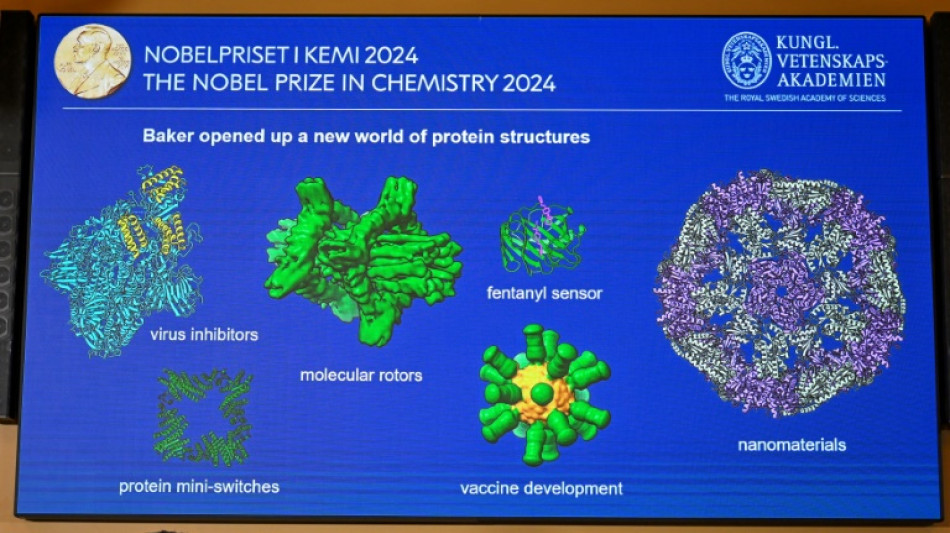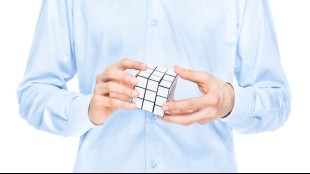
-
 Australia falls silent, lights candles for Bondi Beach shooting victims
Australia falls silent, lights candles for Bondi Beach shooting victims
-
DR Congo's amputees bear scars of years of conflict

-
 Venison butts beef off menus at UK venues
Venison butts beef off menus at UK venues
-
Cummins, Lyon doubts for Melbourne after 'hugely satsfying' Ashes

-
 'It sucks': Stokes vows England will bounce back after losing Ashes
'It sucks': Stokes vows England will bounce back after losing Ashes
-
Australia probes security services after Bondi Beach attack

-
 West Indies need 462 to win after Conway's historic century
West Indies need 462 to win after Conway's historic century
-
Thai border clashes displace over half a million in Cambodia

-
 Australia beat England by 82 runs to win third Test and retain Ashes
Australia beat England by 82 runs to win third Test and retain Ashes
-
China's rare earths El Dorado gives strategic edge

-
 Japan footballer 'King Kazu' to play on at the age of 58
Japan footballer 'King Kazu' to play on at the age of 58
-
New Zealand's Conway joins elite club with century, double ton in same Test

-
 Australian PM orders police, intelligence review after Bondi attack
Australian PM orders police, intelligence review after Bondi attack
-
Durant shines as Rockets avenge Nuggets loss

-
 Pressure on Morocco to deliver as Africa Cup of Nations kicks off
Pressure on Morocco to deliver as Africa Cup of Nations kicks off
-
Australia remove Smith as England still need 126 to keep Ashes alive

-
 Myanmar mystics divine future after ill-augured election
Myanmar mystics divine future after ill-augured election
-
From the Andes to Darfur: Colombians lured to Sudan's killing fields

-
 Eagles win division as Commanders clash descends into brawl
Eagles win division as Commanders clash descends into brawl
-
US again seizes oil tanker off coast of Venezuela

-
 New Zealand 35-0, lead by 190, after racing through West Indies tail
New Zealand 35-0, lead by 190, after racing through West Indies tail
-
West Indies 420 all out to trail New Zealand by 155

-
 Arteta tells leaders Arsenal to 'learn' while winning
Arteta tells leaders Arsenal to 'learn' while winning
-
Honour to match idol Ronaldo's Real Madrid calendar year goal record: Mbappe

-
 Dupont helps Toulouse bounce back in Top 14 after turbulent week
Dupont helps Toulouse bounce back in Top 14 after turbulent week
-
Mbappe matches Ronaldo record as Real Madrid beat Sevilla

-
 Gyokeres ends drought to gift Arsenal top spot for Christmas
Gyokeres ends drought to gift Arsenal top spot for Christmas
-
Arsenal stay top despite Man City win, Liverpool beat nine-man Spurs

-
 US intercepts oil tanker off coast of Venezuela
US intercepts oil tanker off coast of Venezuela
-
PSG cruise past fifth-tier Fontenay in French Cup

-
 Isak injury leaves Slot counting cost of Liverpool win at Spurs
Isak injury leaves Slot counting cost of Liverpool win at Spurs
-
Juve beat Roma to close in on Serie A leaders Inter

-
 US intercepts oil tanker off coast of Venezuela: US media
US intercepts oil tanker off coast of Venezuela: US media
-
Haaland sends Man City top, Liverpool beat nine-man Spurs

-
 Epstein victims, lawmakers criticize partial release and redactions
Epstein victims, lawmakers criticize partial release and redactions
-
Leverkusen beat Leipzig to move third in Bundesliga

-
 Lakers guard Smart fined $35,000 for swearing at refs
Lakers guard Smart fined $35,000 for swearing at refs
-
Liverpool sink nine-man Spurs but Isak limps off after rare goal

-
 Guardiola urges Man City to 'improve' after dispatching West Ham
Guardiola urges Man City to 'improve' after dispatching West Ham
-
Syria monitor says US strikes killed at least five IS members

-
 Australia stops in silence for Bondi Beach shooting victims
Australia stops in silence for Bondi Beach shooting victims
-
Olympic champion Joseph helps Perpignan to first Top 14 win despite red card

-
 Zelensky says US mooted direct Ukraine-Russia talks on ending war
Zelensky says US mooted direct Ukraine-Russia talks on ending war
-
Wheelchair user flies into space, a first

-
 Brazil's Lula, Argentina's Milei clash over Venezuela at Mercosur summit
Brazil's Lula, Argentina's Milei clash over Venezuela at Mercosur summit
-
Haaland sends Man City top, Chelsea fightback frustrates Newcastle

-
 Thailand on top at SEA Games clouded by border conflict
Thailand on top at SEA Games clouded by border conflict
-
Chelsea chaos not a distraction for Maresca

-
 Brazil's Lula asks EU to show 'courage' and sign Mercosur trade deal
Brazil's Lula asks EU to show 'courage' and sign Mercosur trade deal
-
Africa Cup of Nations to be held every four years after 2028 edition


What are proteins again? Nobel-winning chemistry explained
The Nobel Prize in Chemistry was awarded on Wednesday to three scientists who have help unravel some of the enduring secrets of proteins, the building blocks of life.
While Demis Hassabis and John Jumper of Google's DeepMind lab used artificial intelligence techniques to predict the structure of proteins, biochemist David Baker managed to design totally new ones never seen in nature.
These breakthroughs are hoped to lead towards numerous advances, from discovering new drugs to enzymes that decompose pollutants.
Here is an explainer about the science behind the Nobel win.
- What are proteins? -
Proteins are molecules that serve as "the factories of everything that happens in our body," Davide Calebiro, a protein researcher at the UK's University of Birmingham, told AFP.
DNA provides the blueprint for every cell. Proteins then use this information to do the work of turning that cell into something specific -- such as a brain cell or a muscle cell.
Proteins are made up of 20 different kinds of amino acid. The sequence that these acids start out in determines what 3D structure they will twist and fold into.
American Chemical Society president Mary Carroll compared how this works to an old-fashioned telephone cord.
"So you could stretch out that telephone cord, and then you would just have a one-dimensional structure," she told AFP.
"Then it would spring back" into the 3D shape, she added.
So if chemists wanted to master proteins, they needed to understand how the 2D sequences turned into these 3D structures.
"Nature already provides tens of thousands of different proteins, but sometimes we want them to do something they do not yet know how to do," said French biochemist Sophie Sacquin-Mora.
- What did AI do? -
The work of previous Nobel winners had demonstrated that chemists should be able to look at amino acid sequences and predict the structure they would become.
But it was not so easy. Chemists struggled for 50 years -- there was even a biannual competition called the "Protein Olympics" where many failed the prediction test.
Enter Hassabis and Jumper. They trained their artificial intelligence model AlphaFold on all the known amino acid sequences and corresponding structures.
When given an unknown sequence, AlphaFold compares it with previous ones, gradually reconstructing the puzzle in three dimensions.
After the newer generation AlphaFold2 crushed the 2020 Protein Olympics, the organisers deemed the problem solved.
The model has now predicted the structure of almost all of the 200 million proteins known on Earth.
- What about the new proteins? -
US biochemist Baker started at the opposite end of the process.
First, he designed an entirely new protein structure never seen in nature.
Then, using a computer programme called Rosetta that he had developed, he was able to work out the amino acid sequence that it started out as.
To achieve this, Rosetta trawled through all the known protein structures, searching for short protein fragments similar to the structure it wanted to build.
Rosetta then tweaked them and proposed a sequence that could end up as the structure.
- What is all this for? -
Mastering such fundamental and important little machines as proteins could have a vast number of potential uses in the future.
"It allows us to better understand how life functions, including why some diseases develop, how antibiotic resistance occurs or why some microbes can decompose plastic," the Nobel website said.
Making all-new proteins could lead to new nanomaterials, targeted drugs and vaccines, or more climate-friendly chemicals, it added.
Asked to pick a favourite protein, Baker pointed to one he "designed during the pandemic that protects against the coronavirus".
Calebiro emphasised how "transformative" this research would be.
"I think this is just the beginning of a completely new era."
X.Karnes--AMWN



